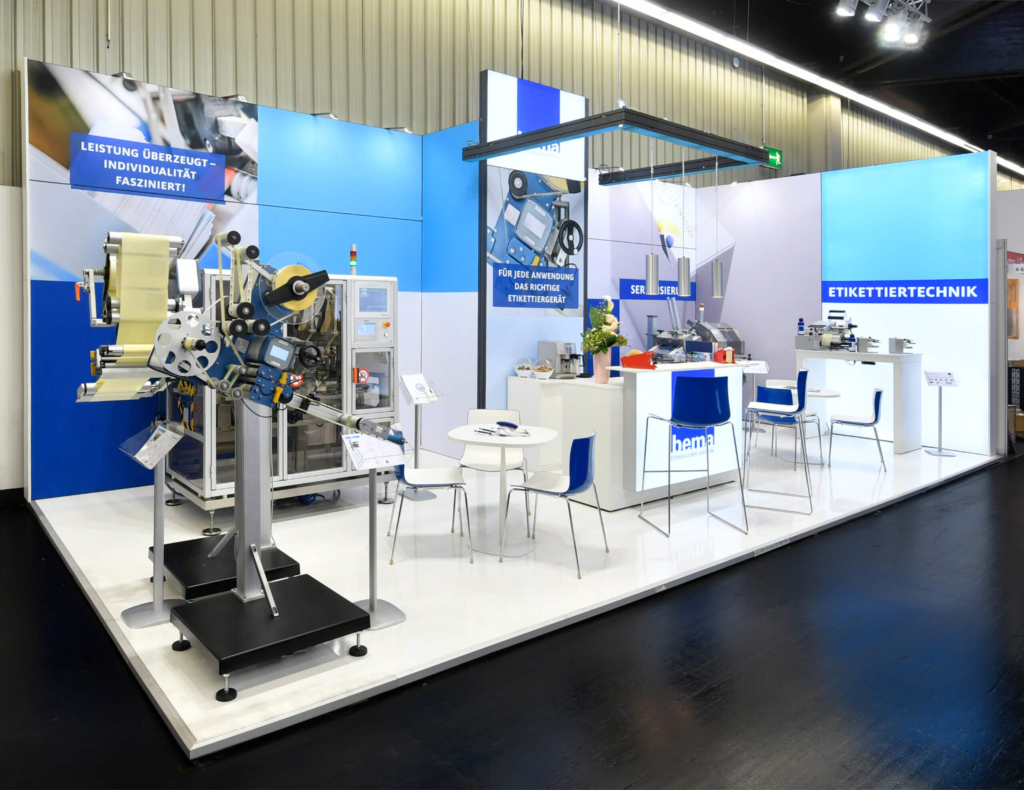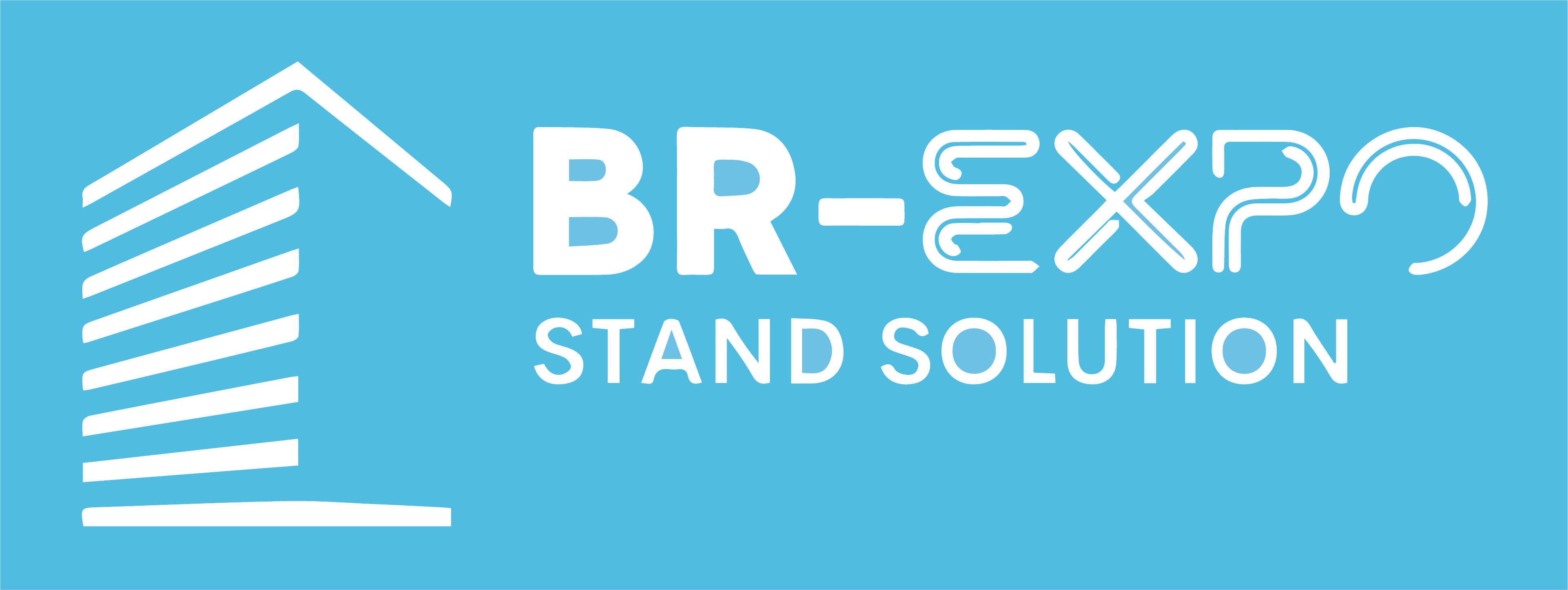
Germany is renowned for its thriving exhibition and trade fair industry. With iconic venues like Messe Frankfurt, Messe Düsseldorf, Messe Berlin, and Koelnmesse, it attracts global businesses and professionals seeking to network, launch products, and boost brand visibility. In such a competitive landscape, your exhibition stand design in Germany can make all the difference.
In this guide, we’ll explore everything you need to know about exhibition stand design in Germany—from strategy and creativity to logistics and trends. Whether you’re a startup or a global corporation, this is your roadmap to making a lasting impression at any German trade fair.
Why Germany is the Hub for Exhibitions
Germany hosts some of the world’s largest and most prestigious trade fairs, including:
- CeBIT (Hannover) – IT and digital industries
- IFA Berlin – Consumer electronics and home appliances
- Automechanika (Frankfurt) – Automotive aftermarket
- Bauma (Munich) – Construction and mining machinery
- Anuga (Cologne) – Food and beverage
- Medica (Düsseldorf) – Medical technology
With over 150 international trade fairs annually, Germany offers unmatched exposure for businesses. But to take full advantage, your stand design must rise above the rest.
The Importance of Professional Exhibition Stand Design
An exhibition is not just about showing up—it’s about showing off your brand in the most engaging and memorable way. Here’s why great stand design matters:
1. First Impressions Count
Your stand is the first thing attendees see. An innovative design creates curiosity, draws people in, and sets the tone for brand interaction.
2. Brand Storytelling
Through colour, layout, lighting, and visuals, your stand becomes a storytelling space—conveying your brand values, mission, and uniqueness.
3. Maximising Engagement
Modern stand designs often include interactive displays, demo areas, VR experiences, and hospitality zones to enhance visitor experience.
4. ROI and Lead Generation
A well-designed stand not only attracts footfall but also encourages quality conversations—leading to stronger leads and higher ROI.
Key Elements of Exhibition Stand Design in Germany
1. Custom vs. Modular Stands
Custom-built stands are tailored specifically to your brand and event goals. They offer:
- Unique layouts
- Creative architecture
- Maximum visual impact
Modular stands are cost-effective, reusable, and flexible—ideal for multiple shows throughout Europe.
Most companies in Germany offer hybrid solutions: custom-designed stands using modular systems to balance creativity and cost.
2. Space Utilisation
German exhibition venues vary in space and layout. Designers must make the most of:
- Floor area
- Height restrictions
- Visitor flow
- Sight lines from key walkways
Smart stand layouts ensure product visibility, ease of access, and clear navigation.
3. Lighting and Visuals
Lighting transforms a stand. From ambient LEDs to focused spotlights, it highlights key features and sets the mood. Paired with large-format graphics and LED walls, it enhances storytelling and visibility.
4. Technology Integration
Incorporating technology is essential for engaging today’s audience. Popular tech features include:
- Interactive touchscreens
- Live product demos
- VR/AR experiences
- Social media walls
- Digital lead capture
Germany’s tech-forward audience appreciates innovation.
5. Furniture and Comfort
Strategic seating areas, hospitality zones, and private meeting spaces create a welcoming atmosphere. Comfortable visitors stay longer and engage more.
6. Sustainability in Design
With Germany’s strong focus on sustainability, eco-friendly stand design is gaining popularity. Key elements include:
- Reusable modular structures
- LED lighting
- Recyclable materials
- Energy-efficient equipment
A green stand design also aligns your brand with responsible practices.
Choosing the Right Exhibition Stand Designer in Germany
There are hundreds of exhibition stand design companies in Germany, each with their own strengths. Here’s how to choose the right one:
1. Experience with German Trade Fairs
Look for designers familiar with the rules, logistics, and technical standards of major venues like Messe Berlin or Messe Frankfurt.
2. Turnkey Services
From concept to execution, many firms offer full-service packages:
- 3D Design and Visualisation
- Stand Construction
- Transport and Logistics
- On-site Installation and Dismantling
- Storage and Reuse Solutions
3. Multilingual Support
Having a design partner fluent in English and German simplifies communication and avoids costly misunderstandings.
4. Compliance with German Regulations
Each venue has safety and structural standards. Your design partner should manage:
- Fire safety compliance
- Electrical certifications
- Load-bearing calculations
- Insurance and liability cover
Timeline for Planning an Exhibition Stand in Germany
Planning ahead ensures smooth execution. Here’s a suggested timeline:
| Time Before Event | Task |
|---|---|
| 6–8 months | Book space, define goals, select a design partner |
| 5 months | Start design and 3D rendering |
| 3 months | Approve design, begin construction |
| 2 months | Finalise logistics, permits, and travel |
| 1 month | Confirm electricals, signage, and demo content |
| 1 week | On-site setup and testing |
Rushing leads to mistakes—start early to get the best results.
Popular Stand Design Trends in Germany
Exhibition stand design is constantly evolving. Here are current trends dominating German exhibitions:
✅ Open Concept Layouts
Minimalist, open-plan stands feel more welcoming and less intimidating.
✅ Digital Integration
More screens, live data feeds, and immersive digital experiences.
✅ Green & Recyclable Materials
Eco-conscious branding is highly appreciated by European audiences.
✅ Experiential Zones
Zones for demos, virtual reality, or sampling drive deeper engagement.
✅ Hybrid Participation
With some attendees still joining virtually, stands may feature live streaming setups or QR codes for digital access.
Exhibition Venues in Germany: Design Considerations
1. Messe Frankfurt
- One of the world’s largest venues
- Stands must cater to international visitors
- Expect high visibility and high footfall
2. Messe Düsseldorf
- Home to events like Medica and Boot Düsseldorf
- High standards of stand design and interactivity
3. Koelnmesse (Cologne)
- Venue for Anuga and Gamescom
- Youthful and dynamic audience—bold designs work well
4. Messe Berlin
- Hosts IFA and ITB
- Emphasis on tech and travel themes
5. Messe Hannover
- Known for CeBIT and Hannover Messe
- Industrial and B2B focus—functional, innovative stands perform best
Each venue has unique regulations and audience expectations, which must be factored into your design strategy.
Costs of Exhibition Stand Design in Germany
Pricing varies depending on size, complexity, and services included. Here’s a rough breakdown:
| Stand Size | Basic Cost Range |
|---|---|
| 10–20 m² | €5,000 – €12,000 |
| 20–40 m² | €10,000 – €25,000 |
| 40–100 m² | €20,000 – €50,000+ |
Add-ons like digital displays, custom architecture, or lead capture tech will increase the cost. Modular stands are more budget-friendly, especially if reused.
Tips for Maximising Exhibition Success
- Set Clear Goals: Lead generation? Product launch? Networking? Tailor your design to match your purpose.
- Train Your Team: Staff should know how to engage, demonstrate, and collect data.
- Pre-Event Marketing: Promote your stand on social media, email newsletters, and event platforms.
- Post-Event Follow-Up: Have a plan to convert leads after the show.
Conclusion: Your Gateway to Global Visibility
Exhibiting in Germany is a strategic move for any business looking to expand across Europe or even globally. But to truly shine, your exhibition stand design must be more than just functional—it must be inspiring, immersive, and intelligent.
Whether you opt for a bespoke architectural marvel or a sleek modular display, working with a professional German stand design company ensures you make a lasting impact.
Take the time to plan, invest in quality, and embrace the creative possibilities—your next big business breakthrough might just begin with the perfect stand at a German trade fair.
